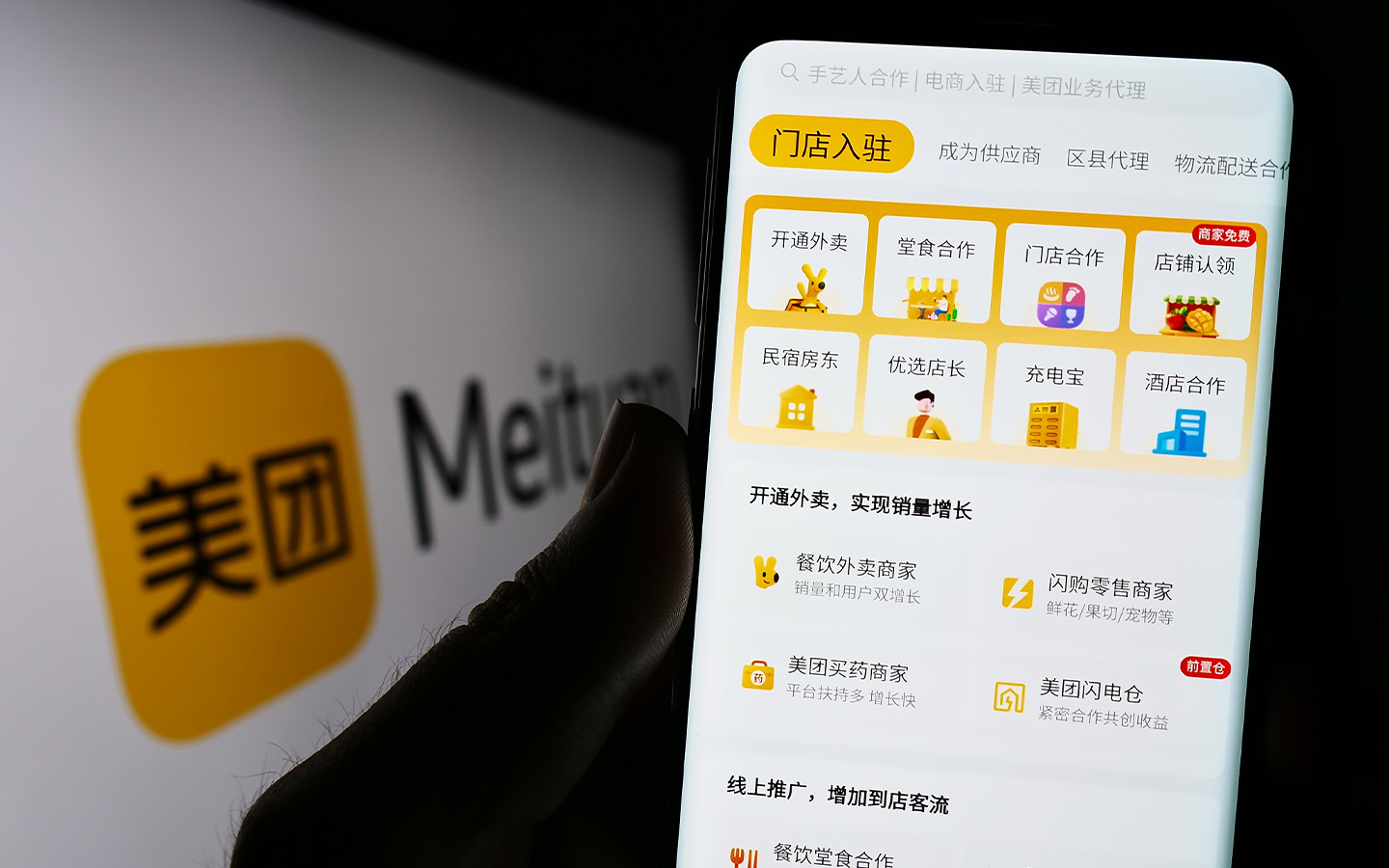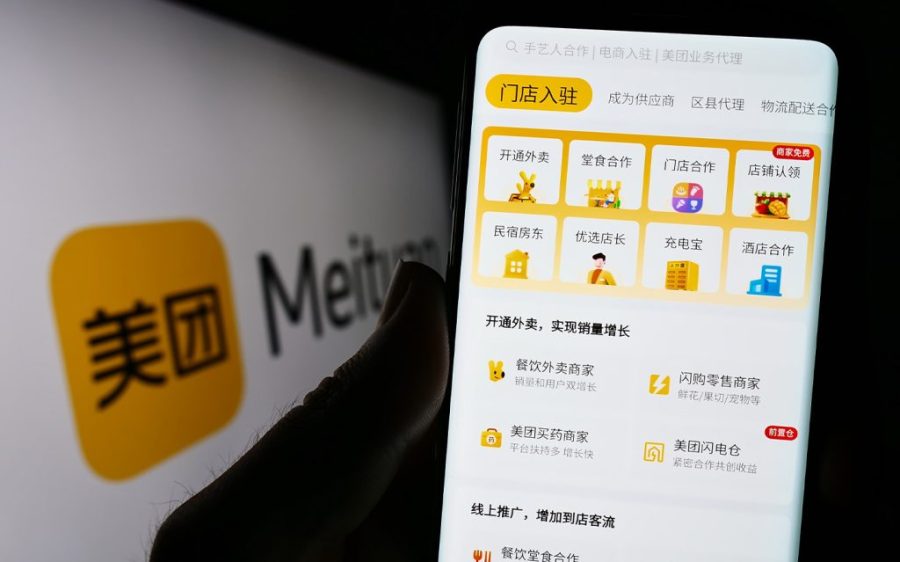A massive deal signed in May could see Chinese delivery giant Meituan transform the delivery industry in Latin America’s largest market, reports global tech outlet Rest of World.
Brazilian President Luiz Inácio Lula da Silva signed the five-year US$1 billion deal with Wang Xing, the co-founder and chief executive of Meituan, during an official visit to China in May. The company began aggressively pursuing international expansion in recent years, quickly breaking into the top three delivery apps in places like Hong Kong and Saudi Arabia with its overseas brand Keeta. This week, it launched operations in Qatar and plans to continue expanding across the region. The Brazil launch in the coming months will mark its entry into the Latin American market.
Expansion has paid off with an over 17 percent jump in revenue in the first quarter of 2025, taking in US$12 billion compared to US$10.2 billion for the same period last year. Behind this impressive growth is a series of aggressive tactics, including offering higher pay to riders, deep consumer discounts and low fees for restaurant partners.
[See more: Chinese e-commerce platforms surge in the US market amid trade tensions]
The Brazilian delivery service iFood, launched in 2011, has enjoyed a near monopoly in the country since 2023, when both Uber Eats and 99Food halted operations after struggling to gain market share. It now controls over 80 percent of the market, according to global data intelligence firm Databricks, boasting some 400,000 restaurants and 55 million clients. The entry of Meituan, as well as the return of Chinese-owned 99Food, will test that long-held market dominance.
Restaurateurs welcome the new entries. Both Meituan and 99Food aim to attract businesses by offering lower fees than iFood, which charges restaurants as much as 27 percent per order. With in-app purchases and deliveries accounting for more than a third of restaurant revenue, there was little they could do before. “[IFood] does as it pleases and makes no agreements,” Leonel Paim, vice president of Abrasel, a trade organisation for bars and restaurants in Brazil, told Rest of World. A more competitive environment could force iFood to offer restaurants better deals, but delivery drivers fear they will still be left holding the short end of the stick.“In the beginning, they will be paying well, so they can gain [the trust of] delivery workers,” Edgar da Silva, president for AMABR, a union group for delivery workers in Brazil, told Rest of World. But as the new Chinese delivery platforms gain a foothold in the market, they “will become just like the others. There will be no difference but who exploits us more,” he said.






